NS series 1100 (4 liveries)

History
The NS Class 1100 was a class of 1,500 V DC Bo'Bo' electric locomotives introduced in 1950. The 1100's were built by Alsthom and were derived from the French BB 8100. The class operated both freight and passenger services, and were the NS' main locomotive until the arrival of the NS Class 1600. The class was extensively rebuilt between 1978 and 1982, with additions such as ATB and a crash nose. The last of the class were oficially retired in 1999, with many of the class already having been reitred in prior years.
The 1100 series were unpopular with their drivers. The locomotives had an unusual design where the buffers were attached to the bogie instead of the main body. This is an unusual design, with buffers attached to the main body being much more common, as it provides a more steady ride due to the body being by being pressed against the car it is pulling. The 1100 series lacked this stability, resulting in a very nervous bouncy ride which can be compared to that of a wooden roller coaster. The cabin was extremely cramped, with anyone taller than 1.70 m (5 ft 7 in) having a hard time in the nonadjustable driver seat. The cab was also very drafty, especially for the lower legs. The cooling fans in the engine compartment produced a remarkably loud roar aswell. For these reasons the locomotives were downright hated, and until 1980 their drivers were paid a special bonus, which was originally designated for dirty or unpleasant work. (from Wikipedia)
Features:
- 4 unique liveries with 2 different cab variants
- Fully modelled interior with working gauges
- Working pantographs
- Opening cab & interior doors
- Accurately modelled lights
- realistic controls
- working windscreen wipers
- working sun visors
- sprung buffers
Controls
This build has some unusual controls, please take your time reading the controls before using the build
AG 1 - Power notch 1
AG 2 - Power notch 2
AG 3 - power notch 3
AG 4 - Lower forward pantograph
AG 5 - Lower aft pantograph
AG 6 - Windscreen wipers
AG 7 - reverser direction Cab 2
AG 8 - Reverser direction Cab 1
Landing Gear- Main power switch
Throttle - Sun visors
VTOL up - weak field generator Cab 1
VTOL Down - Weak field generator Cab 2
TRIM up - Open Cab doors
TRIM down - open interior doors
Explanation of the controls:
The first thing to do when driving the 1100 is to establish power. This can be done by pressing Landing Gear. When power is turned on the right most gauge (1) should start rising and the main power switch (2) should be in the forward position.
When power is established a driving direction must be chosen. AG 8 (on by default) will set the direction for Cab 1 (camera 1&2) (the centre pillar between the front windows will tell whether you are in cab 1 or cab 2 as well) and AG 7 will set the direction for cab 2 (camera 3 & 4). The reverser (3) will also indicate the selected direction. When the arrow is pointed at the 'V' forward has been selected, and when the arrow is pointed to the 'A' reverse has been selected.
In real life the 1100 uses a resistor wheel (4) to change speed. This wheel can be used to select a large number of resistors, but due to the use of weak resistors only 3 settings can be used to drive on for an extended amount of time. The resistors between these three settings are only used to accelerate. This feature of the 1100 has been simulated in game by having activate 1 to 3 controlling accelaration. When AG 1 has been selected the locomotive will start to slowly accelerate. When both AG 1 and AG 2 have been selected, the locomotive will start to accelerate at moderate speed. When AG 1, AG 2 and AG 3 have all been pressed, the locomotive will start to rapidly accelerate. The two amp meters in the centre of the gauge cluster (5&6) will indicate the amount of traction being applied, with 1,5 kA being the max.
The 1100 series is fitted with a weak field generator. To keep it simple: the weak field generator will increase the engine induction, which in result increases the engine power. The weak field generator (7) is controlled by VTOL. VTOL up should be used when driving in the direction of cab 1and VTOL down should be used when driving in the direction of cab 2. If the generator is used in the opposite direction nothing will happen. Important: The weak field generator can only be used when power has already been applied thru the resistor wheel.

1 - Battery voltage gauge
2 - Main power switch
3 - reverser
4 - Resistor wheel
5 & 6 - Amp meter
7 - Weak field generator
8 - Pantograph voltage gauge
9 - Speedometer
10 - Train brake
11 - Brake pressure indicator
Versions:
Berlin blue modernized (Post 1970):


Compatibility
This train was made to be comaptible with the SPR - Map Plugin.
Screenshots:





Specifications
Spotlights
- jamesPLANESii 1.7 years ago
- goboygo1 1.7 years ago
- MrSilverWolf 1.7 years ago
- Dllama4 1.7 years ago
- CookingWithCinderBlocks 1.7 years ago
- DDVC 1.7 years ago
- 929 1.7 years ago
- HuskyDynamics01 1.7 years ago
- MrCOPTY 1.7 years ago
- RepublicOfCursedPlanes 1.7 years ago
General Characteristics
- Predecessor NS 1100 v12.3
- Created On Windows
- Wingspan 10.1ft (3.1m)
- Length 42.1ft (12.8m)
- Height 19.1ft (5.8m)
- Empty Weight 73,663lbs (33,413kg)
- Loaded Weight 73,682lbs (33,421kg)
Performance
- Wing Loading N/A
- Wing Area 0.0ft2 (0.0m2)
- Drag Points 6743
Parts
- Number of Parts 5637
- Control Surfaces 0
- Performance Cost 15,459

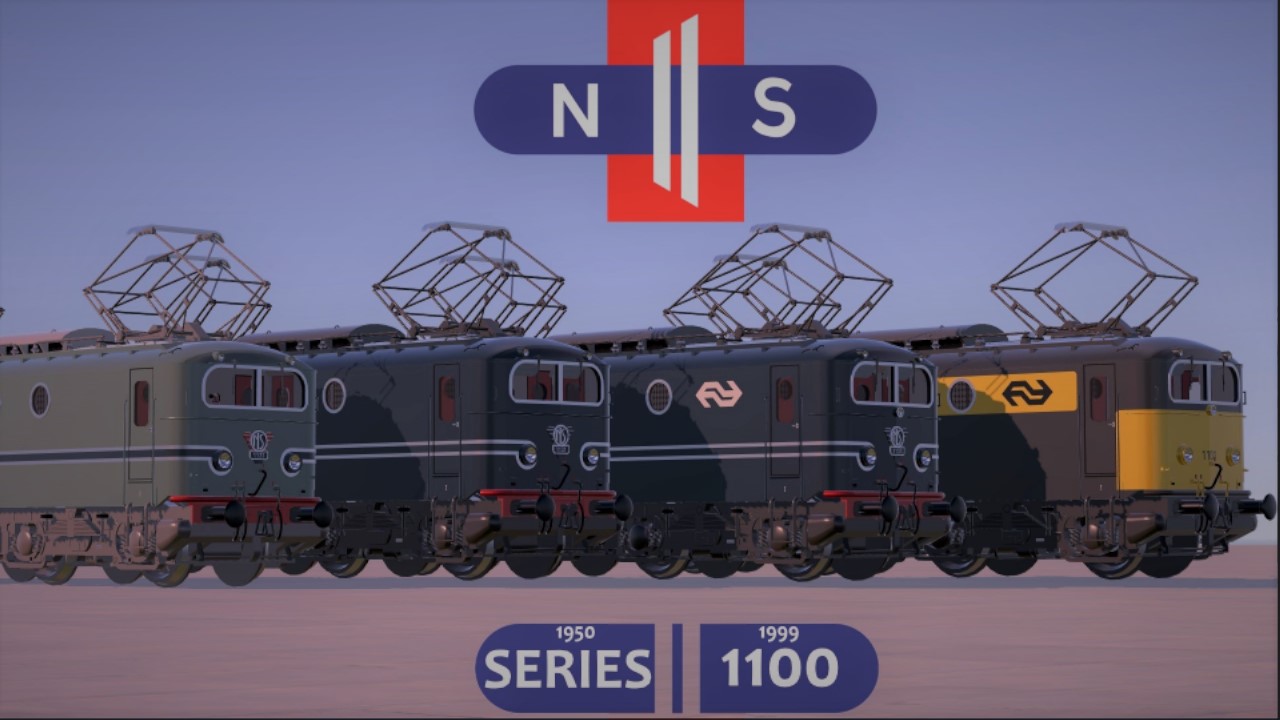
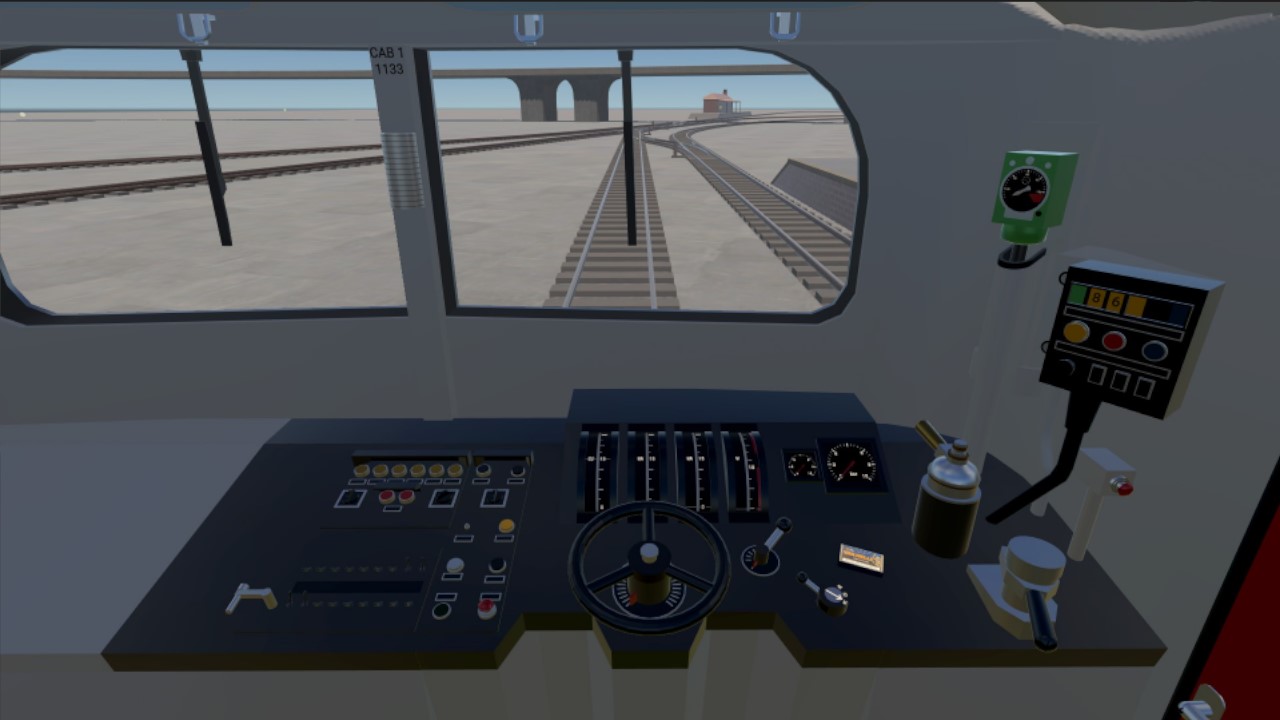
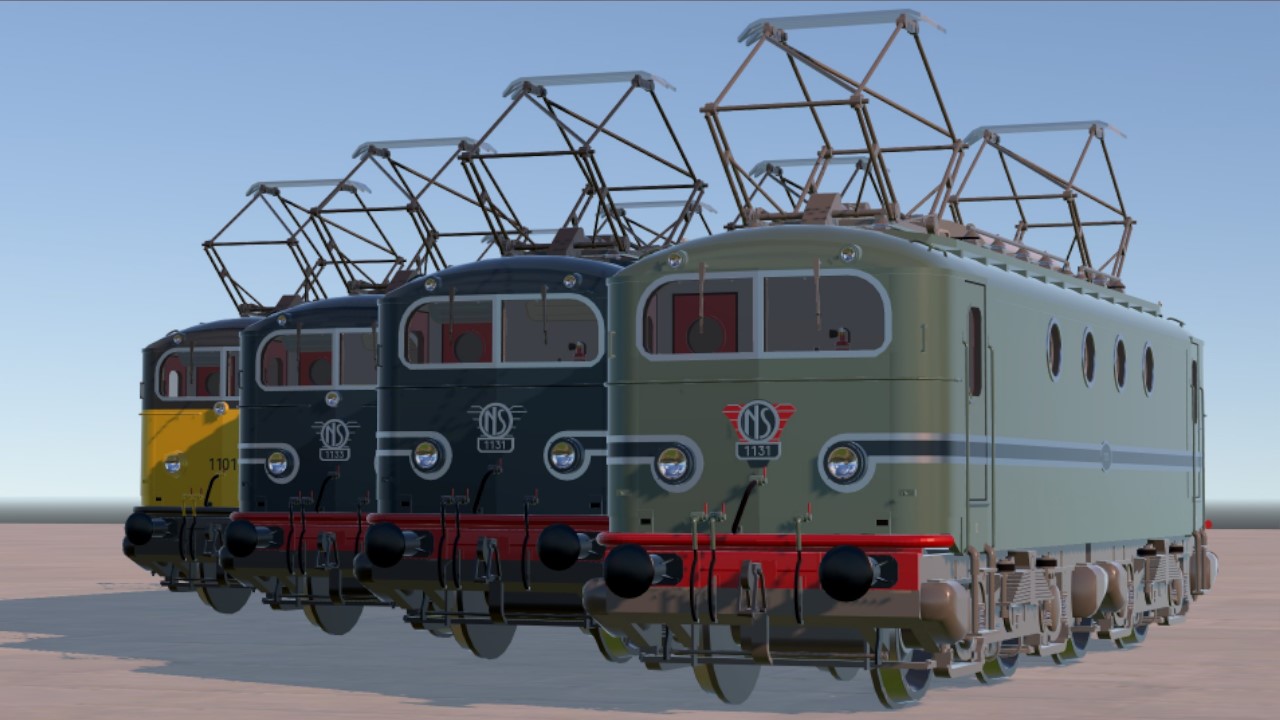




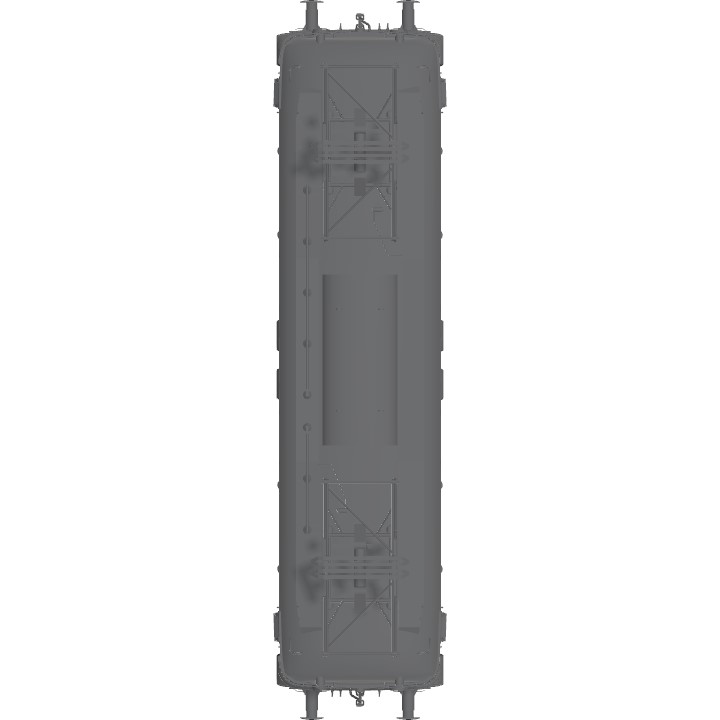
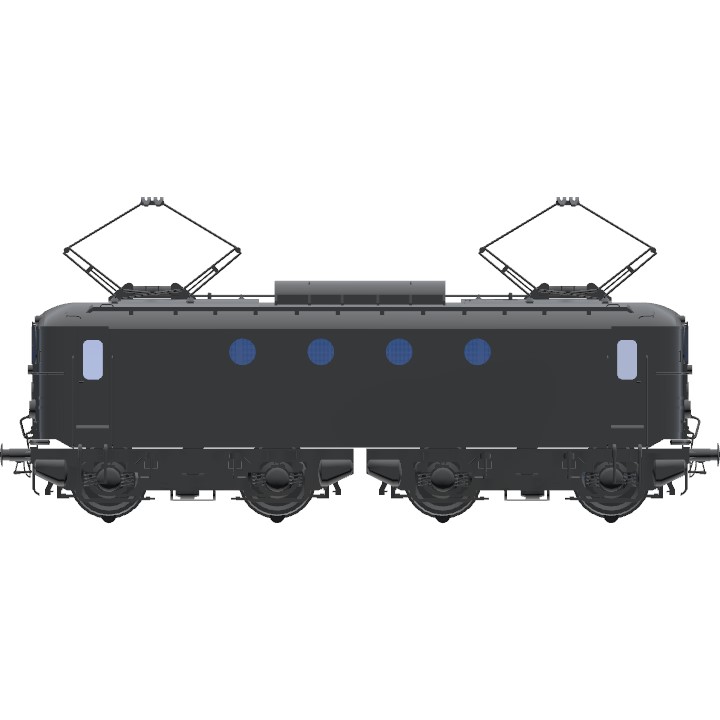
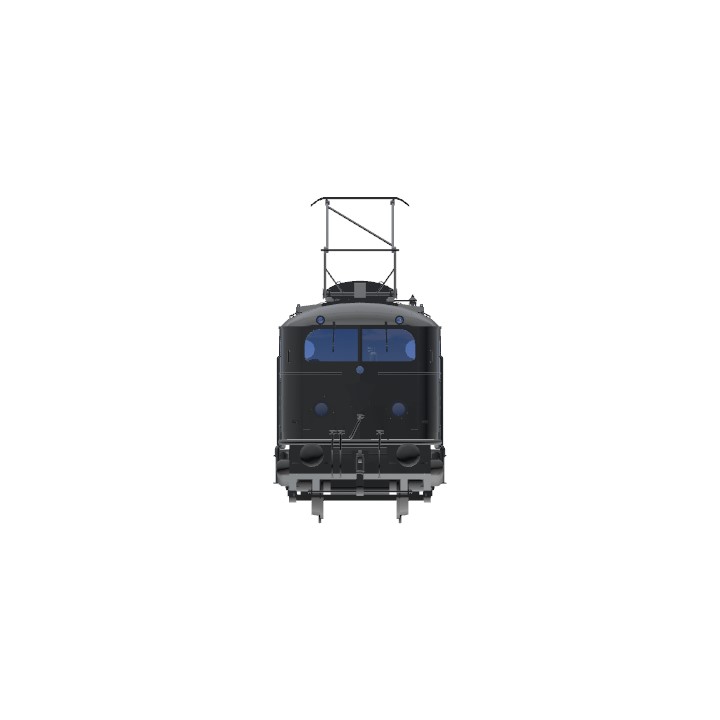
@CrazyCatZe the blue text above the image leads you to the image pictured
really beautiful! where can I get that green one?
@MrSilverWolf me too
Legendary 10/10
@MrSilverWolf lol
I like trains
I've heard of NS drivers of other french locos getting the same treatment
Wow!
@BoeyingOfficial wow, this is amazing
Æ
@RepublicOfCursedPlanes
@ToeTips
@jamesPLANESii
@Pilotgoose
@DatRoadTrainGuy19
@CL125